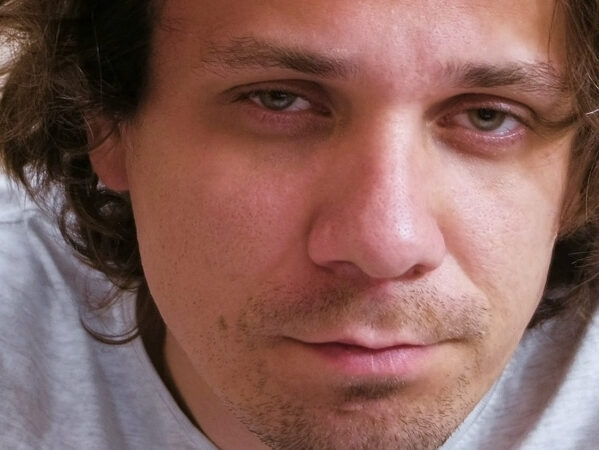Does Klonopin Lead to Weight Gain?
There isn’t an established link between benzodiazepines, the class of medication Klonopin is in, and weight gain.
While this is a common concern among patients prescribed Klonopin and similar medications, a significant amount of this worry seems to be in the association between some psychiatric medications and weight gain, but it doesn’t seem benzodiazepines are among those that have this kind of proven association.
Why Could Klonopin Potentially Cause Weight Gain?
While Klonopin, which is a brand name for the drug clonazepam, doesn’t seem to be strongly linked to weight gain, there are some reasons a person taking it might experience some weight gain, even if it isn’t the norm. These include the following:
Metabolism
It’s been suggested that Klonopin can slow down a person’s metabolism, which is how the body converts food into energy. A slow metabolism means the body will burn fewer calories, which can slow weight loss and increase a person’s risk of gaining weight.
How significant Klonopin’s effect is on a person’s ability to metabolize food doesn’t seem to be well established at this time. The subject warrants more research.
Energy & Alertness
One of the more well-understood side effects of benzodiazepines is that they can make users drowsier, including during the day. If a person’s medication causes them to feel less alert and less energized, this could potentially make maintaining an active, healthy lifestyle more difficult.
A stagnant lifestyle can cause a person to burn significantly fewer calories throughout the day. This could lead to weight gain even if they continued to eat the same as they had previously.


Does Klonopin Make You Sleepy?
Advice for Combatting Weight Gain
If Klonopin seems to be directly or indirectly causing you to gain weight or if you just otherwise think you may be at an unhealthy weight, first talk to a doctor. They can potentially help to identify what may have contributed to your weight gain and make any changes to your prescription if necessary.
A medical professional can give direct, customized advice for you based on your habits and personal needs. They can also help you set healthy, realistic weight goals and give some advice on maintaining good nutrition, if Klonopin misuse is part of the picture, our Indiana addiction treatment center can provide the support you need.
You can also try some general advice for combatting weight gain. Try these tips:
Develop a healthy, nutritious diet plan that you stick to rather than snacking or eating potentially unhealthy foods. If you plan your meals and snacks, you will be less likely to turn to unhealthy options.
Hydrate. Drink plenty of water throughout the day, and skip calorie-filled beverages like juice or sports drinks.
Engage in regular, scheduled exercise, which can help to energize you, reduce anxiety, and burn calories. Make an appointment on your calendar for this, so it is dedicated time set aside for this purpose. When you schedule exercise, you’ll be less likely to skip it. Better yet, find a friend to be your workout buddy, so you have an accountability partner.
Get enough sleep. This can help to decrease lethargy during the day and make maintaining an active lifestyle easier. Sleep is essential to a well-functioning metabolism and overall well-being.
Klonopin is a commonly prescribed medication, but it may lead to side effects, including potential changes in weight. While some people report weight gain, others experience weight loss. If you have concerns about Klonopin and its side effects, call us or visit one of our locations today to speak with a professional and explore your treatment options through our Massachusetts addiction treatment center.
- Clonazepam (Klonopin). (September 2021). National Alliance on Mental Illness.
- Managing Weight Gain From Psychiatric Medications. (July 2022). Harvard Health Publishing.
- Influence of Benzodiazepines on Body Weight and Food Intake in Obese and Lean Zucker Rats. (May 2000). Progress in Neuro-Psychopharmacology & Biological Psychiatry.
- Long-Term Weight Change after Initiating Second-Generation Antidepressants. (April 2016). Journal of Clinical Medicine.
- Pharmaceuticals and Weight Gain: A Review on the Side Effect of Weight Gain in Response to Selective Serotonin Reuptake Inhibitors, Monoamine Oxidase Inhibitors, and Benzodiazepines. (Fall 2020). Wofford College.
















